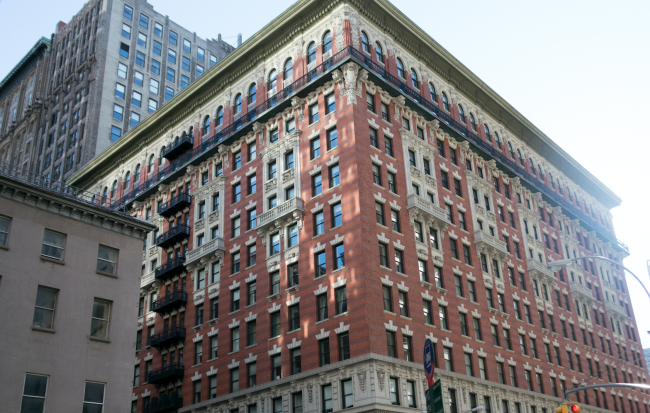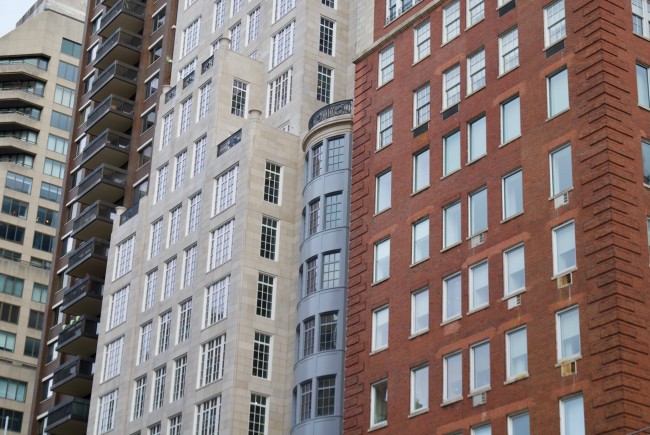Is my co-op maintenance tax deductible? How does this work?
- Yes, you can take a deduction for the portion of your maintenance that is applied to real estate taxes and mortgage interest

Co-op shareholders should keep an eye out for the annual Form 1098 or a letter from your building's accountant. This information will help you itemize your deductions.
iStock
Can I take a tax deduction for the maintenance fee for my NYC co-op? How does this work?
Yes, if you own in a co-op building, a portion (but not all) of your maintenance will be tax deductible. That means on your tax return, you can take a deduction for the share of your maintenance that is applied to real estate taxes and mortgage interest.
Each building is different but in most cases it is in the 60 percent range, said Michael Esposito, a certified public accountant at Wilkin Guttenplan. He prepares financial statements for hundreds of NYC co-ops.
"Real estate taxes probably run in the 40-55 percent range of expenses and the mortgage debt service depends on the building, but is probably in the 5 to 10 percent range," he said.
[Editor's note: A previous version of the article ran in December 2021. We are presenting it again with updated information for February 2025.]
Shareholders must itemize their deductions
To calculate your portion that's tax deductible, you take the number of shares you have in the co-op and multiply that by the per-share deduction for real estate taxes and mortgage interest—information you will get on the annual Form 1098 sent to shareholders or by a letter from your building's accountant. The portion of the maintenance that is collected for repairs and payroll will not be deductible.
The paperwork you get will indicate that you can deduct, for example, $2 per share of mortgage interest and $20 per share for real estate taxes.
There are also adjustments that can be made if your building has commercial units, Esposito said.
Other tax benefits from a co-op mortgage
If your co-op building has an amortizing mortgage where you are contributing to the principal and the interest, shareholders get a tax benefit for their share of the mortgage amortization that is built into their maintenance.
Esposito said the mortgage paid down is added to the cost basis of the apartment, reducing the gain you'll be taxed on if and when you sell.
"You only derive a benefit when you sell and when your gain is more than $250,000 if you’re single or $500,000 if you’re married," Esposito said.
—Earlier versions of this article contained reporting and writing by Emily Myers.



























